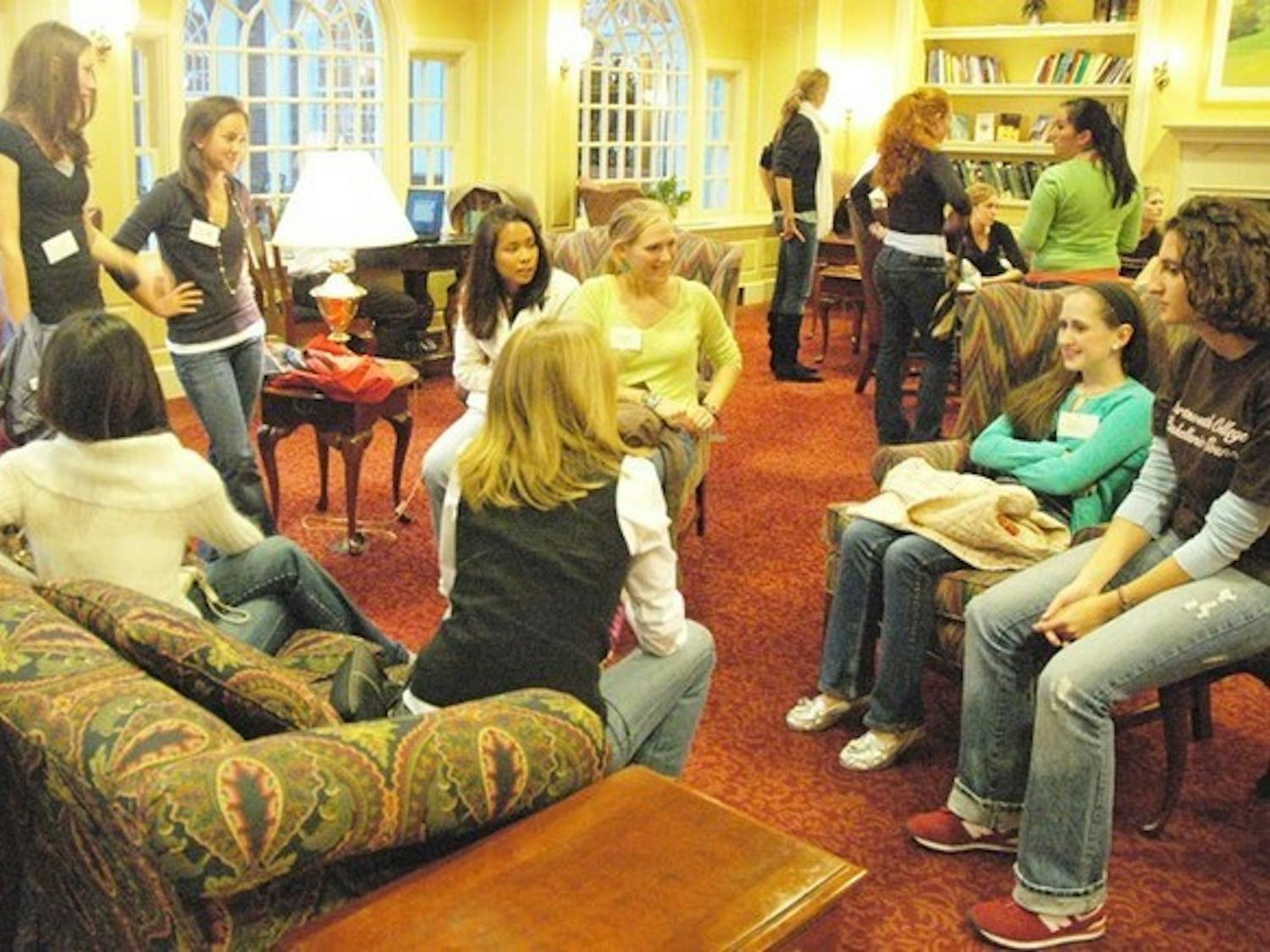News
Native American students met in the middle of the Green at 12 a.m. Monday to remember Columbus Day with drums and music from the Occom Pond Singers, a campus musical group associated with the Native American community.
The event is not a protest, but an opportunity to raise awareness about the unfortunate and generally overlooked consequences of Christopher Columbus' arrival in America, Native Americans at Dartmouth said.
"The Columbus Day commemoration is recognition of over 500 years of colonialism exacted by foreign powers that continues in the form of ecological, social and political violence today," Tim Argetsinger '09 said at a NAD meeting.
Native American studies professor Colin Calloway, who is of British descent, agrees that there is more to Columbus' arrival than the day reflects.
"We have to recognize that [Columbus Day] is not just a success story, not just a story of nation building and triumph.




